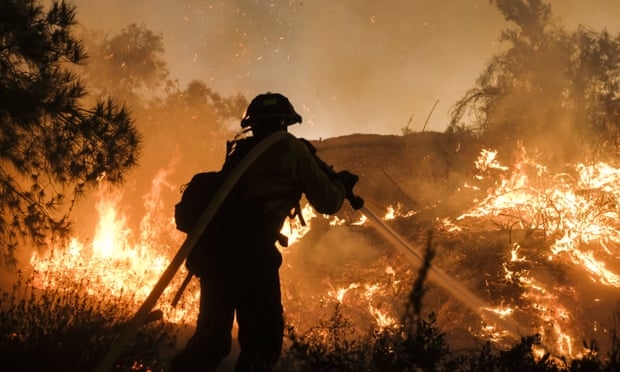Grim realities of climate change revealed in IPCC report

The United Nations' Intergovernmental Panel on Climate Change (IPCC), consisting of some of the world’s top scientists, concluded that global warming is likely to reach dangerous levels unless new technologies are developed to remove greenhouse gases from the atmosphere, new report shows.
Many of the world’s ecosystems have already been ravaged by the effects of climate change, including record droughts in Cape Town, forest fires in the Arctic, and a vanishing Great Barrier Reef in Australia. According to the IPCC report, a global temperature increase of 1.5C would likely cause coral reefs to decline between 70% and 90%. If global warming reaches 2C, more than 99% of coral reefs are expected to decline.
Johan Rockström, a co-author of the recent Hothouse Earth report, told the Guardian:
“Climate change is occurring earlier and more rapidly than expected. Even at the current level of 1C warming, it is painful. This report is really important. It has a scientific robustness that shows 1.5C is not just a political concession. There is a growing recognition that 2C is dangerous.”
One suggestion put forth by climate scientists is the preservation of the Earth’s forests. The report showed that protecting and restoring forests would achieve 18% of the emission mitigation that is needed by 2030 to avoid runaway climate change.
This IPCC report is two years in the making and is a result of a request by the world’s governments at the 2015 conference in Paris, when 195 countries signed up to keep global temperatures from rising more than 2C.
Professor Mark Howden, a review editor for the report and the director of the Australian National University’s Climate Change Institute, explained the importance of upholding this agreement:
“We need new technologies, energy efficiency, clean energy sources, less deforestation, better land management, sustainable agriculture and many other things. The good news is there’s actually movement in the right direction in many of those areas, but we need to do more and faster if we are to keep to 1.5C or even 2C.”
The AIDF Global Summit will return to Washington D.C, in 2019.
If you’d like to stay informed on the latest updates in aid and development, please sign up for the AIDF newsletter.
Photo credit: Ringo HW Chiu/AP















